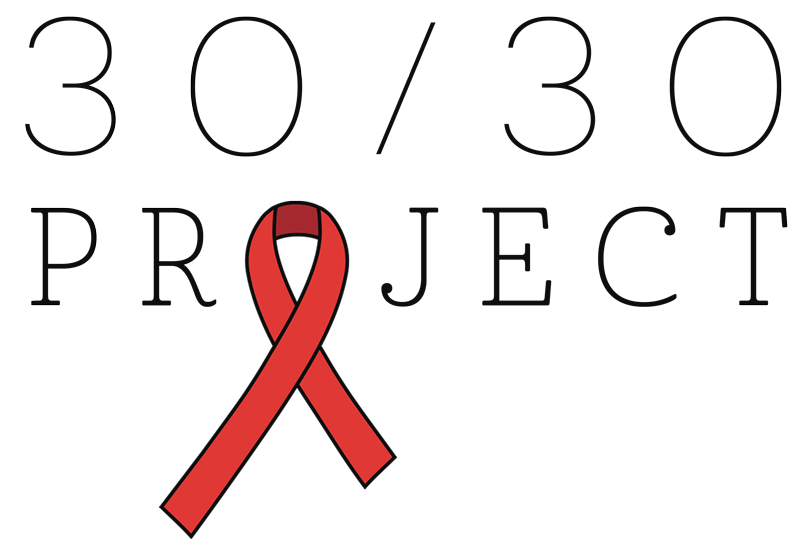"What World AIDS Day Means to Me"
Written by Julie Lewis. World AIDS Day began in 1988 to raise awareness of the disease and to mourn those who had died. The first World AIDS Day I remember attending was in the early 90’s; a small group of people gathered in a local park and lit candles while sharing names out loud of people we loved who were gone. In those days, saying you knew or loved someone with AIDS felt risky and acknowledging you were HIV+ was often met with judgment and fear. World AIDS Day always felt like a gathering of the family, a safe place to mourn that existed apart from that scrutiny. The time was indeed sacred, as we lit candles a soft dim light was cast on the group and what stood out were several wasting faces, people who we knew might not be there the next year on December 1st. I clearly remember wondering, would that be me? Would I be one of the names shared by my loved ones next year at this time?As time went on the mid-nineties gave way to protease-inhibitors and combination therapy and each World AIDS Day seemed more hopeful. Fewer new names were added to the remembrance and themes developed about advocacy and prevention. We began to have bigger, more public events and the community seemed more aware, resonating with the importance of HIV treatment and prevention efforts as well as a new concern about the global AIDS epidemic and the tremendous numbers of people becoming infected in Africa.Today, World AIDS Day is about “Getting to Zero”; zero new HIV infections, zero deaths and zero discrimination. The new UNAIDS goals call for ending AIDS by 2030, a remarkable feat and one that is actually possible with the right strategies and resources. This generation is being called GenEndIt, the generation that ends AIDS. When I was diagnosed in 1990, I thought that ending AIDS could come only through a cure or vaccine. Today it has become apparent that the end of AIDS will likely be the result of HIV treatment and prevention of new infections. This summer, I had the opportunity to travel to rural Kenya and was able to visit with several HIV+ individuals who are now able to access care at one of the newly built 30/30 Project health clinics. I was struck by the similarities of their community living with HIV to our small group from the early 90’s. One difference between these two groups is that today life saving medications exist for those who can gain access to them. The challenge for GenEndIt will be to provide access to medications for all HIV infected individuals, even those in isolated and vulnerable populations. All the while continuing to fight the stigma and discrimination that still hovers over and surrounds this disease. I am hopeful that this will be the generation that rises to the challenge and ends AIDS.One World AIDS Day in Washington DC, my daughter, Teresa and I had the opportunity to hear Magic Johnson speak at the World Bank about the impact of the disease in his life. He was extremely positive, in true Magic style, but at one point he shared that he was afraid he would not live to see his daughter’s wedding. After his speech we were fortunate to get to meet Magic and I told him I truly hoped he would be there for his daughter’s wedding. Like Magic, when I was given five years to live in 1990, I never dreamed that I would one day see my daughters weddings, watch my son headlining an arena concert, or experience the joy of seeing my grandsons arrive into this world. I certainly never expected that I would be struggling with the aches and pains of growing old. These are all privileges that came to me through access to quality healthcare and medications. Because of that, I will spend this World AIDS Day and the time and energy that I have left to make sure others have these same opportunities that I have had.And also, before this World AIDS Day is over, I will make sure to light a candle and remember Joyce, Kara, Doug, Cami, George, Craig, Barry, Harold, Mark and many others who lost the battle with AIDS and were gone far too soon. I will go back in my mind to the days when we were a small group of outsiders who relied on each other and found comfort and strength in lighting candles and remembering.

